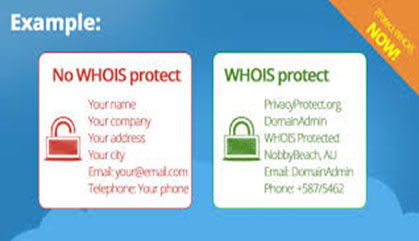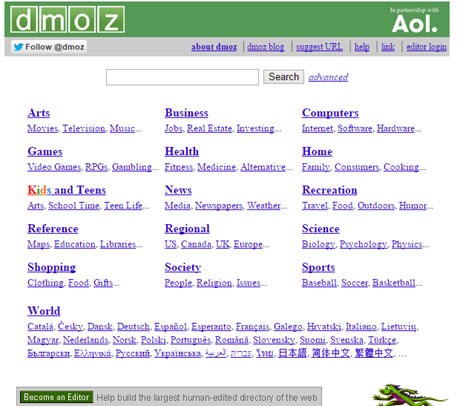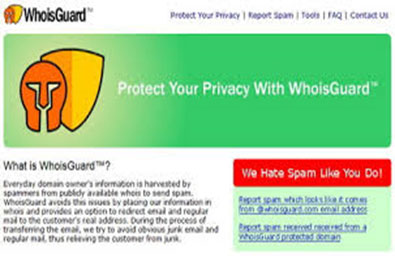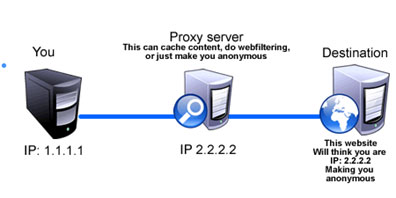Website domain in Search Engine Optimization (SEO) is a critical factor in determining the privacy and accessibility of the website owner details. When an individual registers a website domain, they could opt to pin their contact information as private or public, options that have different implications. The contact details include name of the owner, street addresses and email addresses among other personal details. When an individual chooses public domain registration, they allow people on the internet to search for these contacts through WhoIs Searching. Private domain registration guards these contact details. But what are the implications of guarding domain details on Search Engine Optimization?

Spammer or Black-hat
According to http://willbecoded.ca, when a domain is privately registered, SEO tools return details of the website in a private listing which lowers the credibility of the website because it protects owner from being contacted. While this option protects the owner from receiving spam and scam emails from spammers, private registration raises the red flag that the searched website domain could be owned by a spammer or a black-hat running SEO activities. The implication on SEO in this case hinges on suspicions by search engines such as Google, which might initiate investigations on privately registered domains with hidden WhoIs.

Disposable Domains
SEO results on websites are based on domains used to host these websites. Search Engines conduct spam audit by tracing spammers to their host domains. One of the red flags raised when domains are privately registered is that of disposable domains in which owners use them for a given period for various purposes and them disposes them. One the search engines raise the disposable domain red flag, websites hosted on this domain could be impacted negatively on SEO. Search results on such domains would rank low affecting the popularity of site which might eventually cause a fade-out on the performance of the site on various Search Engines. While WhoIs Guards could have less impact on a search engine like Google, it could negatively affect the identity of the site and a combination of identity problems could label the domain as troublemaker which affects SEO results.

Web Directories
Web directories, which play a great role in SEO may be hesitant to incorporate WhoIs guarded domains due to identity crisis. Thus, even when Search Engines may downplay the issue of guarded WhoIs, web directories may not categorize the website if the domain on which the site is hosted is WhoIs guarded. There is critical view that legitimate web domains are publicly registered to enhance SEO results implying that WhoIs guarded domains could be viewed as illegitimate sites which would affect the overall SEO protocols.

Purpose of the WhoIs Guard
WhoIs Guard is viewed a domain protection measure that prevents the public from accessing personal contact information which results in online and offline harassments through spam emails, domain sellers calling the owner asking for transactions to obtain the domain and high probability of receiving junk emails. Thus, apart from negative implications on Search Engine results and web directories, WhoIs guards serve to protect the owner from online/offline harassment.

Proxy Solutions
To avoid spam and ensure the website receives optimum search recognition, people may choose to create proxy entities which buffers personal information and public online traffic. In this case, a company’s proxy domain hosts many websites whose owner’s personal contacts are shielded from public access and only the original proxy owner may be contacted. Proxies do not have a negative impact on SEO.






